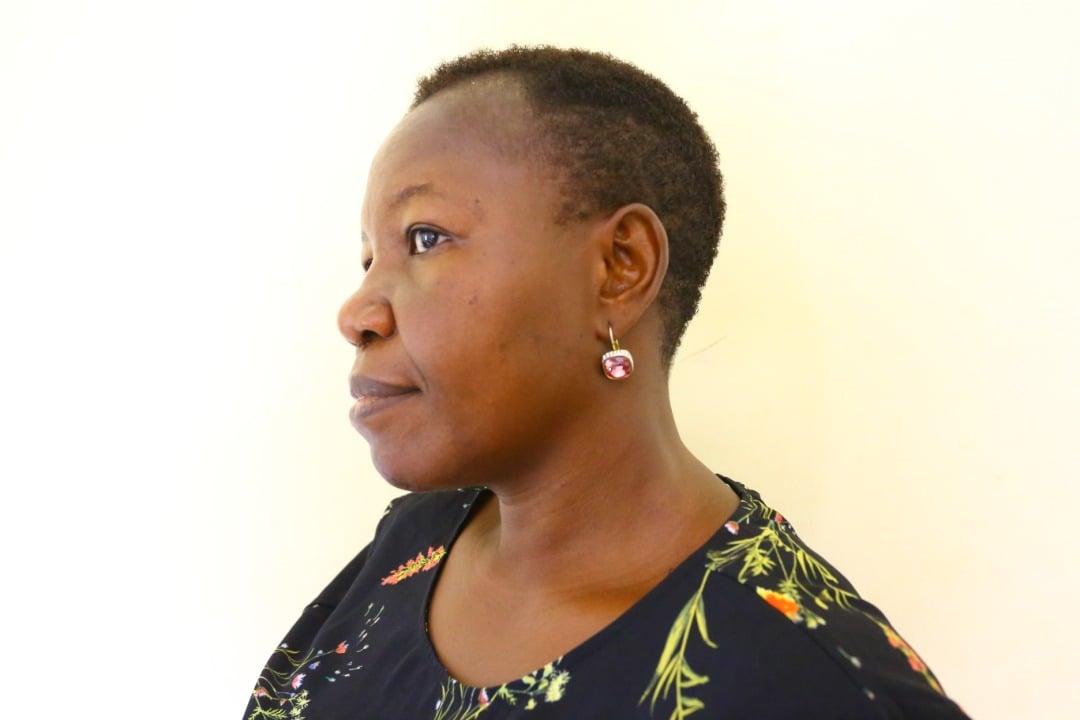UDSM come up with cement product that could slash building costs
What you need to know:
- Dar es Salaam University College of Education lecturer says the new type of cement could be used to make a variety of materials, including bricks and marble, and also in road construction
Dar es Salaam/Dodoma. The Dar es Salaam University College of Education (Duce) has come up with an innovation that is a potential alternative to traditional cement, and which could slash building costs by at least half.
Currently, a 50-kilogramme bag of cement fetches Sh17,000, up from Sh14,500 last year, with a five-inch brick selling at Sh1,300 from Sh1,100, according to reports.
Speaking to The Citizen yesterday at the ongoing National Exhibition for Innovation, Science and Technology in Dodoma, a lecturer from Duce, Dr Aldo Kitalika, said the new type of cement could be used to make a variety of materials, including bricks and marble, and also in road construction.
“This product is made from plant residue and material obtained from mines in the form of various stones and soils, depending on the environment,” he said.
Dr Kitalika added that the new cement and its products were much cheaper, and cited the example of marble, which could be obtained for just Sh50,000 instead of its current price of Sh300,000.
“We want people with limited financial capacity to build better, but cheaper houses. Instead of building a house for, say, Sh40 million, one can build the same modern house for between Sh4 million and Sh15 million,” he said.
Dr Kitalika added that the material could also be used to make bricks for smelting gold as it could withstand temperatures of up to 3,000 degrees Celcius without melting.
Regarding mass production, Dr Kitalika disclosed that the technology was discovered this year, and that they had ordered a machine from Turkey that would be used to produce bricks on a commercial scale.
“The machine is on its way to Tanzania. We don’t need many items because most of them are at our site. Instead of people buying bricks at Sh1,500 apiece, they will now be able to get the same for Sh700.”
Dr Kitalika said 50 kilogrammes of the new cement could be used for work that would usually need 40 bags of ordinary cement, adding that tiles worth Sh25,000 would be available at Sh11,000.
He said their aim was also to use the new product to improve rural roads that were usually impassable during the rainy season.
“The government often builds roads with gravel, and these are almost always flooded. Our goal is to mix soil, gravel and this new cement to solve this problem.”
Dr Kitalika noted that roads built by mixing gravel, sand and the new cement could handle four-tonne vehicles after only two hours, while 40-tonne vehicles could use the roads after 18 hours.
Such roads could also be used for 40 years without any major repairs, would not be affected oil or heat as is the case with asphalt roads.
In another development, Education, Science and Technology minister Adolf Mkenda said the government would cooperate with the innovator of an electric vehicle, Mr Ali Masoud, popularly known as Masoud Kipanya, so that the product could enter the market as soon as possible.
“It took Masoud ten years to realise his dream, which is the car that we see today. We are going to work with him to ensure that he is able to introduce the car in the market,” said Prof Mkenda.
He added that Mr Masoud had told the government that he needed a machine for making vehicle covers, which he said was being sold at exorbitant prices.
The minister said the government would liaise with the Institute of Technology, and see whether it could acquire the machine.
The minister said the government would also see to it that the innovator was able to access credit.

